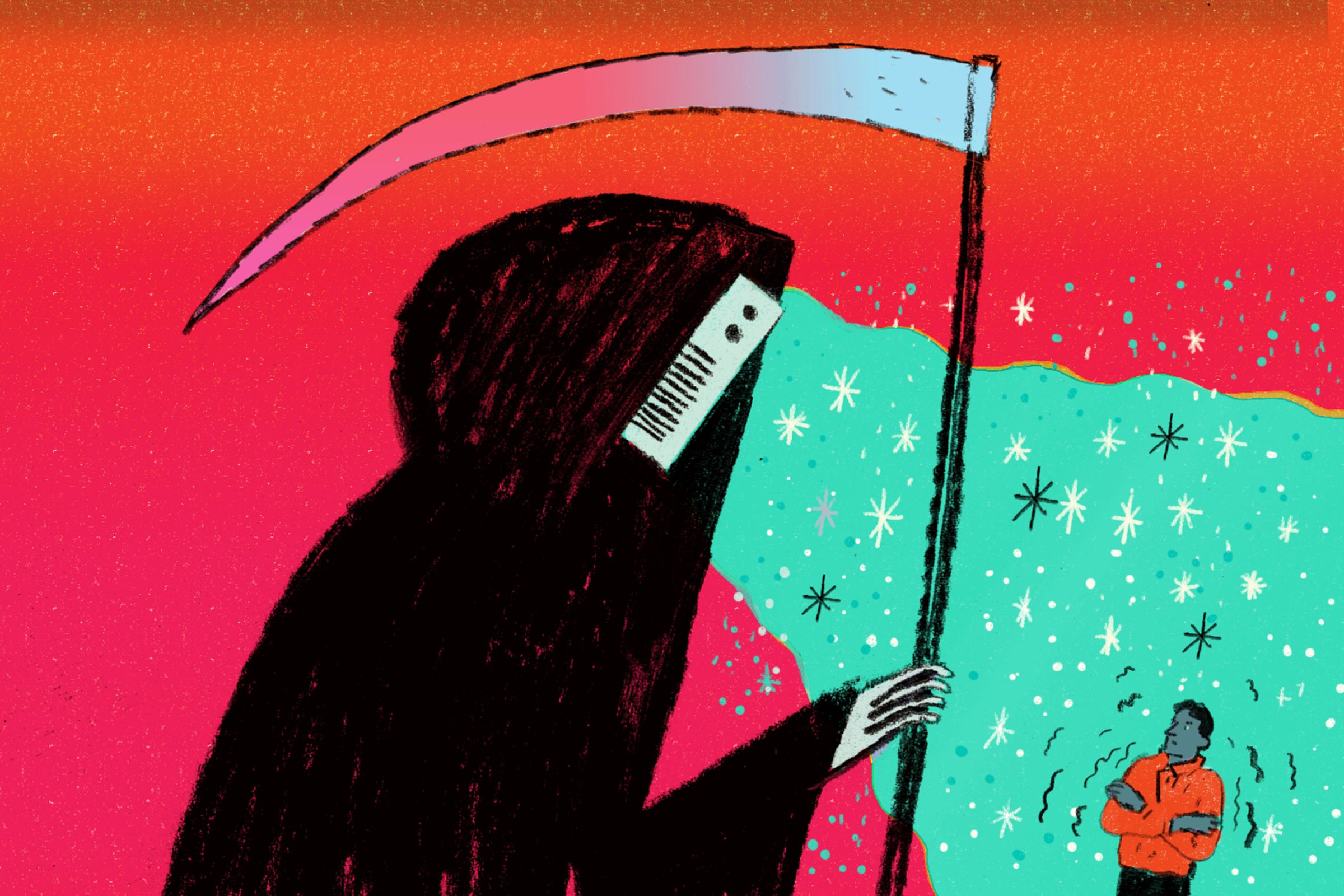
In the summer, many of us can’t bear to live without it, but even so, cool air is a modern luxury that sometimes seems to freak people out.
“We had forms of heating for a very long time before we ever had air conditioning,” says Dr. Stan Cox, senior scientist at The Land Institute in Salina, Kansas, and author of Losing Our Cool: Uncomfortable Truths About Our Air-Conditioned World. Cox points out that as recently as the 1960s, only 12 percent of Americans had some kind of AC in their homes. While heat was an absolute necessity for people to live in cold climates, Cox says, air conditioning is more of a newcomer on the climate-controlled front.
And research suggests that a little freaking out is warranted. “If you have a badly maintained or badly designed AC system, whether it’s in your home or office or vehicle, it can become contaminated and potentially harmful,” says Dr. Mark Mendell, an epidemiologist with the California Department of Public Health.
Mendell studied the health effects of air conditioning systems while with the U.S. Department of Energy’s Lawrence Berkeley National Laboratory. He says worsening asthma problems and allergies are two health issues that can stem from contaminated AC units. He also mentions an ominous-sounding phenomenon: sick building syndrome.
“We started seeing it in the 70s and 80s,” Mendell says. “People in office buildings started saying the building was making them sick.”
He says sick building syndrome was associated with a range of seemingly unrelated symptoms: nasal congestion, breathing problems, headaches, fatigue and irritated skin. His own research has linked AC systems in office buildings to many of those same symptoms.
“The most likely explanation is that there may be some microorganisms growing in the system that may have some subtle effect on certain people,” Mendell says. “But it’s not clear how many people are sensitive to this or how big of a problem it is.”
Unlike heating systems, the process of cooling hot air creates a lot of moisture and condensation, which must be channeled away, Mendell explains. If your AC system does a bad job of this, whether due to poor maintenance, damage or shoddy design, it can become a breeding ground for bacteria and fungi. To protect yourself, he says, your best defense is a well-maintained and routinely serviced AC unit. (HVAC repairmen, you owe this guy!)
But Mendell is also quick to point out that AC has been firmly linked to many health benefits. “Outdoor air pollution is common in urban environments, and especially in heavy traffic,” he says as just one example. “AC filters out the particles in outdoor pollutants.”
Exposure to airborne pollution particles can raise your risk for hospital admissions and premature death due to cardiovascular issues, says Dr. Michelle Bell, a professor of environmental health at Yale University. Bell’s research found the use of well-maintained AC use lowered a person’s risk for these health complications. “Use of central air conditioning causes less outdoor air pollution to penetrate indoors compared to open windows,” she says.
Both Bell and Mendell also say that during intense heat waves, AC saves lives.
If this seesawing between AC’s benefits and risks feels disorienting, you’re not alone. “Anyone who does research on these systems will admit there’s still a lot of things we don’t know,” Mendell says.
What isn’t in doubt, though, is air conditioning’s very real and harmful impact on the planet.
“The headline issue is its contribution to greenhouse warming,” says Cox, the Land Institute environmental researcher. Indoor heating has long been a bigger contributor than AC to the accumulation of harmful greenhouse gasses, Cox says. But the U.S. population’s southward shift has allowed AC to catch up—and maybe draw even.
Despite his concern for the planet, Cox says that AC can be life saving and beneficial. But he takes issue with what he calls our “lavish” use of any climate control conveniences. Setting our thermostats a bit higher in summer and a little lower in winter would benefit the environment without affecting anyone’s health, he says.
In fact, a little thermal discomfort could be good for you. People tend to eat more and gain more weight when the temperature is perfectly cozy, Cox says. “When we’re a little cold or a little warm, our metabolism runs faster,” he says. Research backs him up: One recent study found exposure to cold temps—enough to make you shiver—may increase your body’s stores of healthy, energy-burning brown fat.
Cox adds that your body can adapt to a range of temperatures. (This is why you break out the shorts and T-shirts on that first 65-degree spring day, but the same thermostat reading in autumn sends you hunting for jeans and sweaters.) So if you can cut out the heat or cold for a week or two, your body will often acclimate to temperatures you found unpleasant at first—and easing up a bit on the AC will make the planet thank you, too.
You Asked: Your Top 10 Health Questions Answered










More Must-Reads From TIME
- The 100 Most Influential People of 2024
- The Revolution of Yulia Navalnaya
- 6 Compliments That Land Every Time
- What's the Deal With the Bitcoin Halving?
- If You're Dating Right Now , You're Brave: Column
- The AI That Could Heal a Divided Internet
- Fallout Is a Brilliant Model for the Future of Video Game Adaptations
- Want Weekly Recs on What to Watch, Read, and More? Sign Up for Worth Your Time
Contact us at letters@time.com